Contact us
Get in touch with our experts to find out the possibilities daily truth data holds for your organization.
Persistent Monitoring
Natural catastrophe solutions
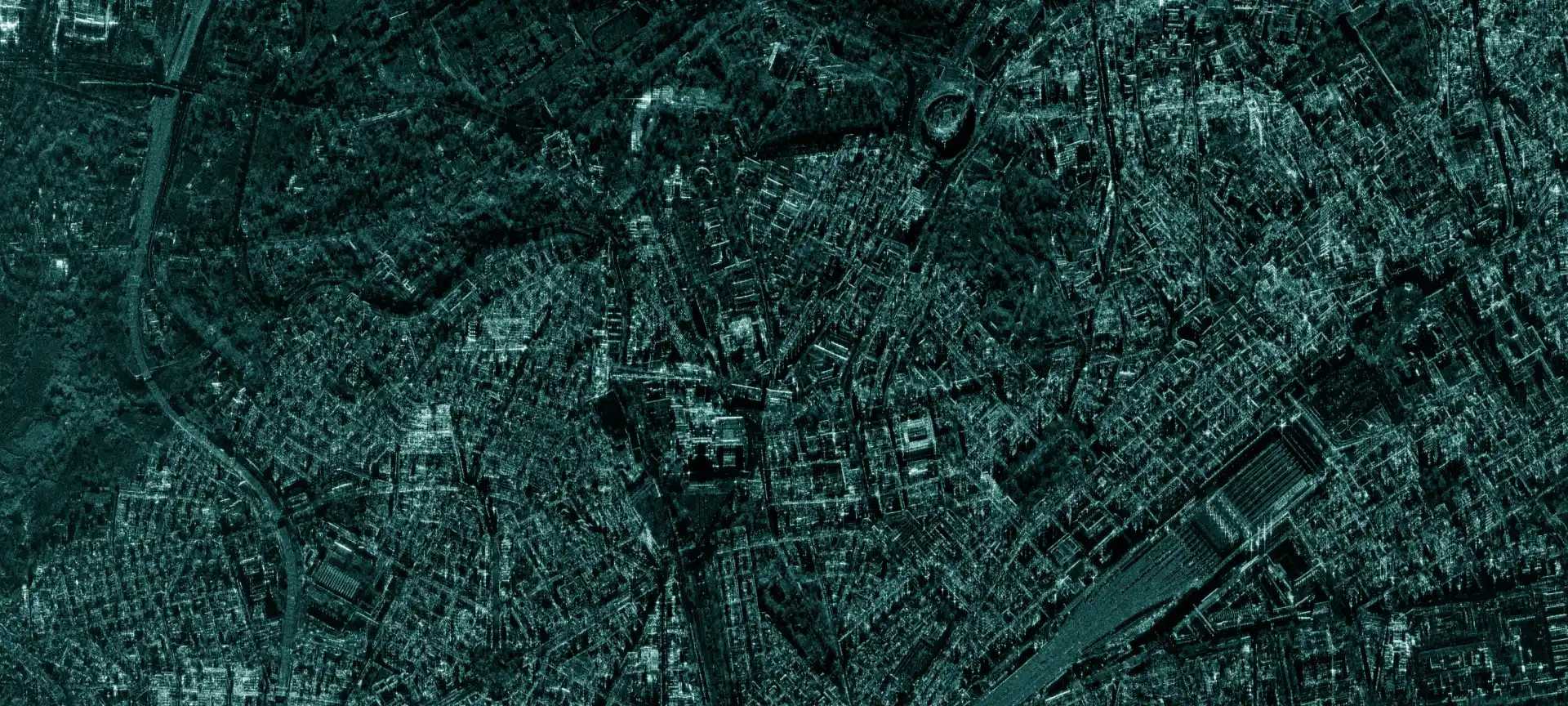
Webinars
SAR imagery provides information about our planet that no other technology can. Join ICEYE experts from different disciplines to learn about SAR basics, interesting products, intriguing applications, and captivating solutions – no prior knowledge is required!
Synthetic aperture radar (SAR) sensors emit their own energy to illuminate objects or areas on Earth and record what’s reflected back from the surface to the sensor. This allows data acquisition day and night since no sunlight is needed. SAR also uses longer wavelengths than optical systems, which gives it the unsurpassed advantage of being able to penetrate clouds, rain, fog, and smoke. All of this makes SAR imagery unprecedentedly valuable in sudden events and crisis situations requiring a rapid response.
ICEYE takes on the challenge of breaking down the stereotype that SAR is: incomprehensible, complex, for researchers only, a niche in the Earth observation landscape.
Talk 1
In our first talk, we’ll introduce you to the basics of Synthetic Aperture Radar (SAR). We’ll start with an overview of the heritage of SAR and give you a clear and comprehensive picture of SAR imaging techniques. You’ll learn how SAR sensors work and what they measure. And we’ll talk about standard SAR imaging modes and the unique advantages SAR can deliver.
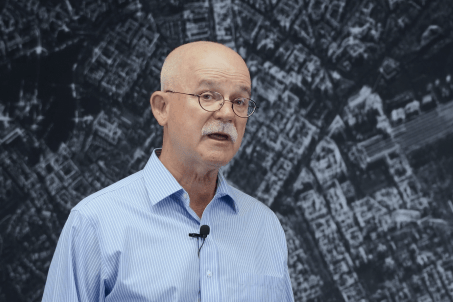
Talk 2
This session will explore the challenges of SAR image interpretation. SAR images may look different than the images you’re used to, but we’ll show you the wealth of information and discuss unique and exciting features.
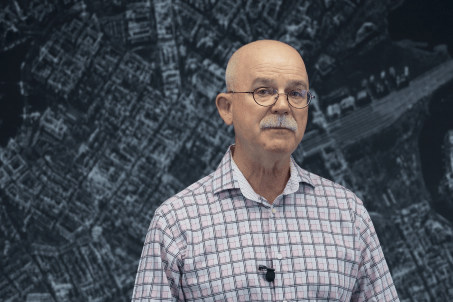
Talk 3
In this talk, we’ll introduce you to the current and next generation of ICEYE SAR collection modes and imaging products, starting with an overview of the SAR processing workflow. You’ll learn about our unique change detection and persistent monitoring capabilities with the world's first Daily Coherent Ground Track Repeat (GTR) SAR imagery and interferometry technologies.

Talk 4
In this session, we’ll show you some of the applications that benefit most from SAR technology. We’ll explore how the daily and sub-daily monitoring of locations can enable the unprecedented detection and analysis of changes on Earth – both natural and caused by human activity. You’ll also see how SAR is uniquely positioned to help mitigate, solve, and respond to time-critical events and global perils.

Talk 5
Time series are the key to identifying and understanding patterns of life. In this talk, we’ll deep dive into ICEYE’s Daily Coherent Ground Track Repeat capability, which is the heart of true persistent monitoring. It unlocks an unprecedented capability to detect and even predict changes on the planet by surveying terrain and measuring object changes in 3D. You’ll gain first-hand insight into the wide range of opportunities these SAR time series enable and the power of tracking trends of events.
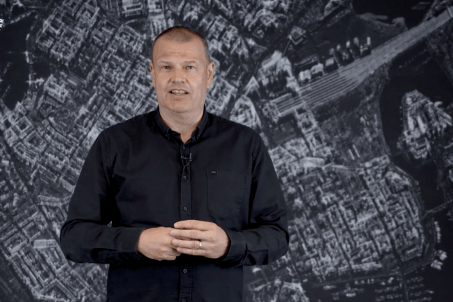
Talk 6
Machine Learning (ML) using rapid revisit SAR data is tremendously valuable for applications in change detection and understanding the evolution of events happening on Earth. In this talk, you’ll learn how ICEYE not only enables but is committed to facilitating the efficient use of SAR data for ML.
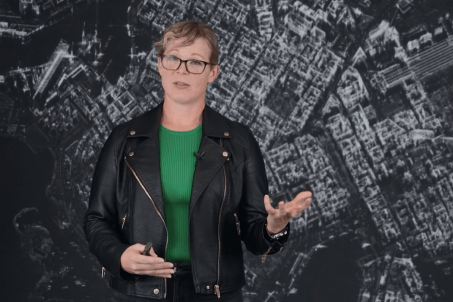

ICEYE’s SAR specialist Tom Ager works tirelessly to demystify SAR technology and make it understandable and interesting for everyone.

ICEYE’s Vice President of SAR Analytics develops comprehensive solutions leveraging high-resolution SAR imagery.

ICEYE’s Darren Muff, Director of SAR Engineering has been developing new ways to explore and use SAR data for decades.
August 29, 2022
8 min read
Why SAR Should be on Everyone’s Radar
Synthetic Aperture Radar (SAR) is a powerful technology that is gaining popularity as it provides invaluable information about what is ...
Read the post Why SAR Should be on Everyone’s Radar →April 13, 2022
7 min read
Let’s Talk About the Value of SAR
SAR imagery provides highly valuable information about our planet that no other technology can. That said, some are still reluctant to use ...
Read the post Let’s Talk About the Value of SAR →